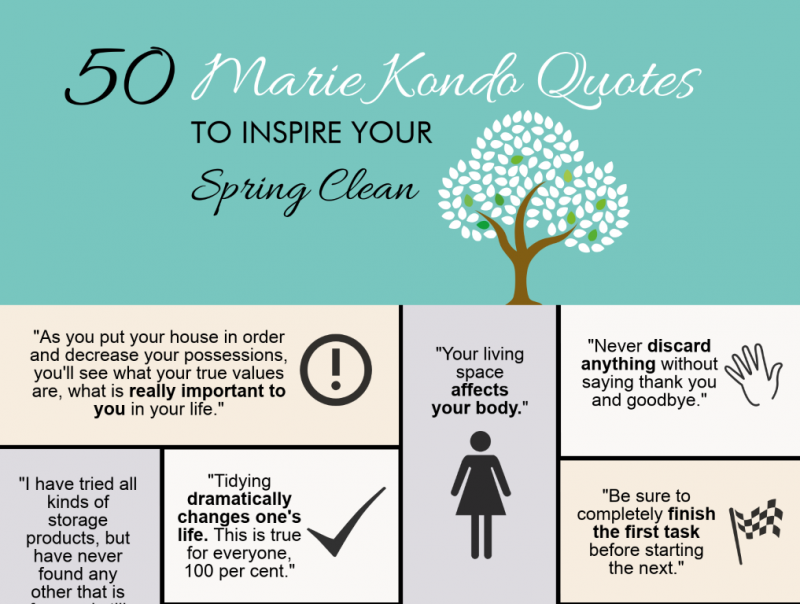


It brings a light animism to even your old socks. This conspicuous respect extends to the clutterer, the cluttered premises, and the clutter objects themselves. A veteran New York design journalist told me that her daughter was a KonMari convert because she felt not reproach but rather an embracing, cheery respect. Tidying, then, is intimate work, and therefore sensitive to conceptualizing and to the subtleties of slogans. Clutter, the English psychoanalyst and design teacher Jane Graves wrote, in “The Secret Life of Objects,” is always about memory, and so emotion and sentiment. There are echoes, too, of Joseph Campbell’s dictum “Follow your bliss.” Kondo’s other main strategy finesses the pangs of letting go by calling for a considered, thankful hail and farewell-a ceremony, not a ham-fisted trash-bagging. The method’s anchoring principle, that we hang onto only what “sparks joy,” deftly reconfigures the notion of tidying and decluttering as mere throwing away: transformative existential keeping seems to be Kondo’s lesson. This one has pictures, and is a bit riper with particulars-there are six (short) pages about underwear, three for stuffed toys, and so on-but essentially restates the principles of the world-conquering book that preceded it.Īs a recovering clutterbug myself-though not a minimalist and not a fan generally of the how-to genre’s Manichean, one-size-fits-all prescriptions-I admit I find aspects of the so-called KonMari Method (a contraction of Kondo Mariko, her name in the Japanese style) compelling, if not altogether original. The second Marie Kondo volume to be translated here, “Spark Joy: An Illustrated Master Class on the Art of Organizing and Tidying Up,” will come out in January.

More than four million (and counting) copies of the book have sold worldwide. Since then, it has inspired a will to discard, it seems, in a million and a half (and counting) American book-purchasers with too much stuff. “The Life-Changing Magic of Tidying Up,” Marie Kondo’s mega-selling how-to of minimalism-a tidy blend of confessional autobiography, life philosophy, decluttering strategies, and clothes-folding tips-arrived in America in late 2014.


 0 kommentar(er)
0 kommentar(er)
